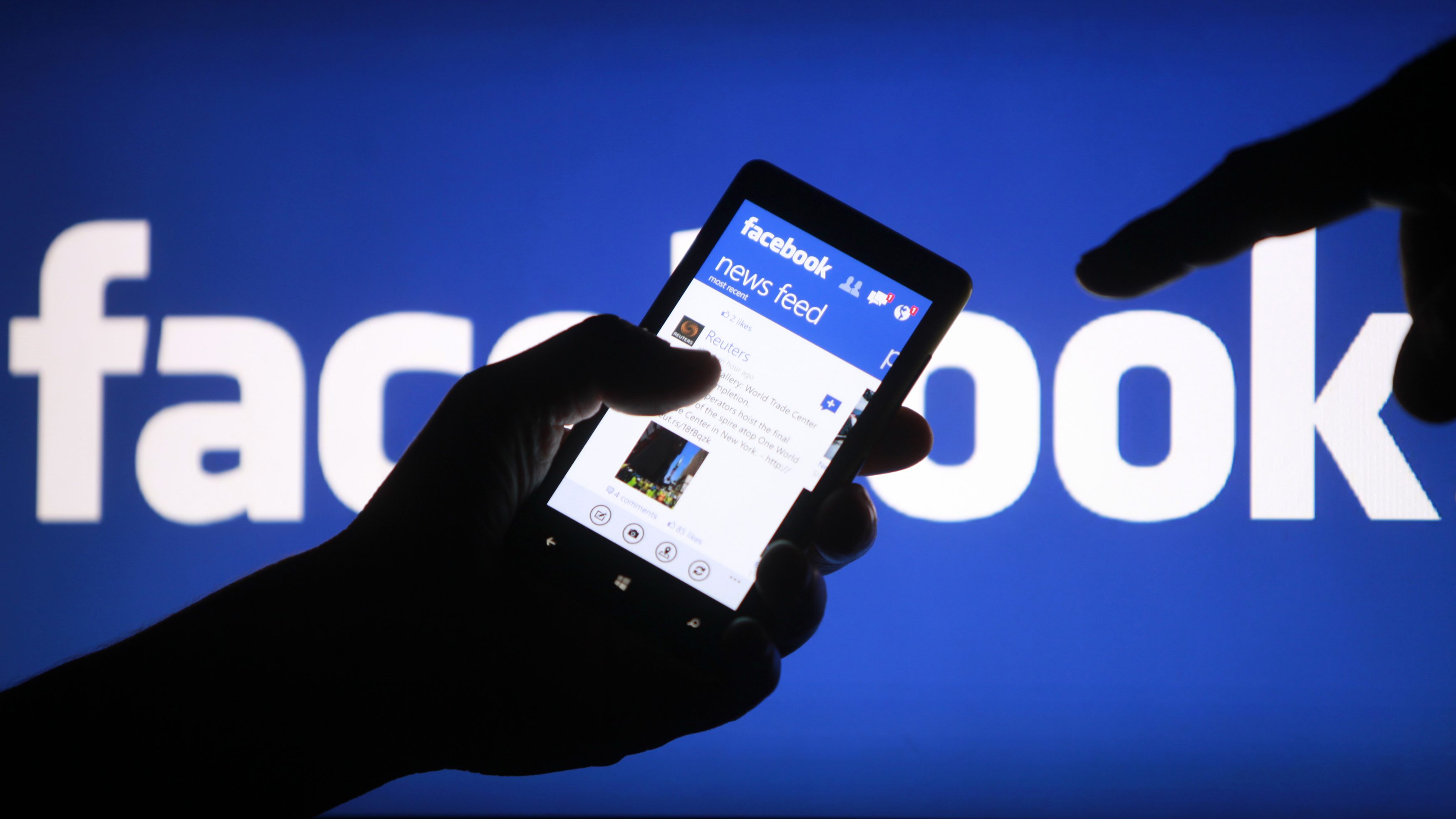Show All the Puzzle Pieces of Your Human Experience
Facebook shouldn’t solely be about the positive engagements and happy, staged moments; it should be a balanced platform for both the ups and downs.
By Crissonna Tennison, UCLA
Facebook is like an extended, yearlong holiday card.
It’s covered with pictures of happy couples, happy friends, happy (or sexily depressive) people in front of bathroom mirrors. Everyone is pregnant (and happy about it), engaged (and totally not settling) and surrounded by supportive (and sexily depressive) friends.
If you’re going through a low point in your life, or are just a generally cynical person, Facebook can feel less like a catalog of people’s lives and more like a bunch of mean gargoyles reminding you that you don’t have enough money, certainly not enough friends and your timing is all around wrong. That’s partially because you are looking at Facebook through the lens of your own perspective and insecurities, but not entirely.
Nobody on Facebook wants to be fully honest about their lives, and with good reason. First of all, the increasingly volatile political climate makes it more unsafe than ever to post information that you don’t want used against you. On a more mundane level, Facebook is a living catalog of everyone you have ever known, give or take the few that have egregiously wronged or endangered you, or your third-grade friend who has chosen to lead a life of solitude in the woods because he’s tired of “putting up with bullshit.”
Posting potentially unflattering information about yourself would be like the classic example of going to the grocery store in sweatpants and running into your ex, her new girlfriend who wears the yoga pants with the panel cutouts and their kale and lemon juice-filled shopping cart. Everybody stalks everybody else on Facebook, so why would you want to look less than perfect? How will you respond to your nosy aunt’s concern about that picture you posted where you are surrounded by empty Dominos boxes?

This seems to make Facebook perfect for glass-half-full people, because it is a platform that rewards focusing on the positive aspects of life. But there is a blurry line between using these positive aspects as a weapon against your negative inner voice, and weaponizing them against your perceived haters. The “reward” from only posting the greatest parts of your life often includes looking good in front of your ex and getting your aunt off your back, turning your performative optimism into performative cynicism.
What is the purpose of a platform that claims to represent our lives, but only represents the absolute best moments? If Facebook celebrates us at our best, why can’t we make it celebrate us at our worst? In a perfect world, Facebook would be less about curating an acceptable performance of your life, and more about maintaining relationships with others. While sharing the positive aspects of life is an important way to maintain connections, such connections are ultimately shallow if nobody creates space for acknowledging the more complex realities of life.
Granted, posting too many “negative” statuses is worse than only positive ones, not only for your own well-being, but because constant negative energy is draining for others. But if an engagement or a good chemistry grade are important life moments worth sharing, then so are a failing chemistry grade or comments about hanging out with your cat on a Friday night. If people see honest posts about failure, rejection, grief or pain, they will feel like it is okay to experience these things themselves, and that these low points of the human experience are just as important and worthwhile to acknowledge as the high points, because they lead to growth and wisdom.
Being open about your demons, when it feels safe to do so, can help remove stigma and prompt other people to deal honestly with themselves and not be ashamed to reach out for help. Some people might see such posts as a cry for help, but for others it can be validating or even life-saving.
It’s easy to get annoyed with people who blatantly seek validation with their Facebook posts, and that could be because they are requiring a lot of emotional labor that people are not prepared to utilize when they login to their page while waiting in line at the DMV. People are burdened with their own problems, and they don’t necessarily want to be reminded of them on Facebook. But everybody is seeking validation on Facebook, even (especially!) those who post pictures of themselves at the gym with inspirational hashtags.
Reaching out for validation is not a bad thing, as long as you are generous in giving it to others. This means that you should also make encouraging comments on other emotionally raw posts that you relate to. Nobody is an island (except for your third grade friend; he doesn’t need you or anyone else!)

If you are honest on Facebook, your friends may not envy you, but they will respect you. They will also be much more enthused when they see your engagement or graduation photos, because they were a party to the struggles you faced on your way to each milestone. If they need somebody to talk to about their own struggles, they may be more inclined to reach out to you, because they know that you have gone through something similar.
Your honesty online could also be a godsend to friends, family members or others who like to be useful, but don’t always know when or how to help. Features like GoFundMe and pages like Humans of New York thrive because people are looking for ways to support each other online, either by donating money to families who need help or by offering wisdom and encouragement to strangers they otherwise never would have noticed.
The internet is not a utopia. It is populated by people with a wide variety of beliefs and intentions, which is why it is very important for you to be careful about the details and content you post on social media. This is true for all types of posts, but especially those that require the most emotional vulnerability for you to share. The idea is not necessarily to dump every bad experience in your life into your status post like a diary; it is merely to be mindful of the impact your social media story has on your own perception of your life and your relationships with others.
Nobody should expect to get all, or even most, of their emotional needs fulfilled through social media, but when the average Facebook user spends 50 minutes daily on the site, it is important to interrogate ways to make sure that those 50 minutes are spent engaging with reality, rather than escaping it.
Sometimes life is awesome, and sometimes it sucks; sometimes you are confident, sometimes you are lonely. Those are all worth celebrating, because they represent the dynamism of human life. Here’s to a Facebook that unflinchingly depicts that dynamism, bringing friends, family and strangers together in the process.

















